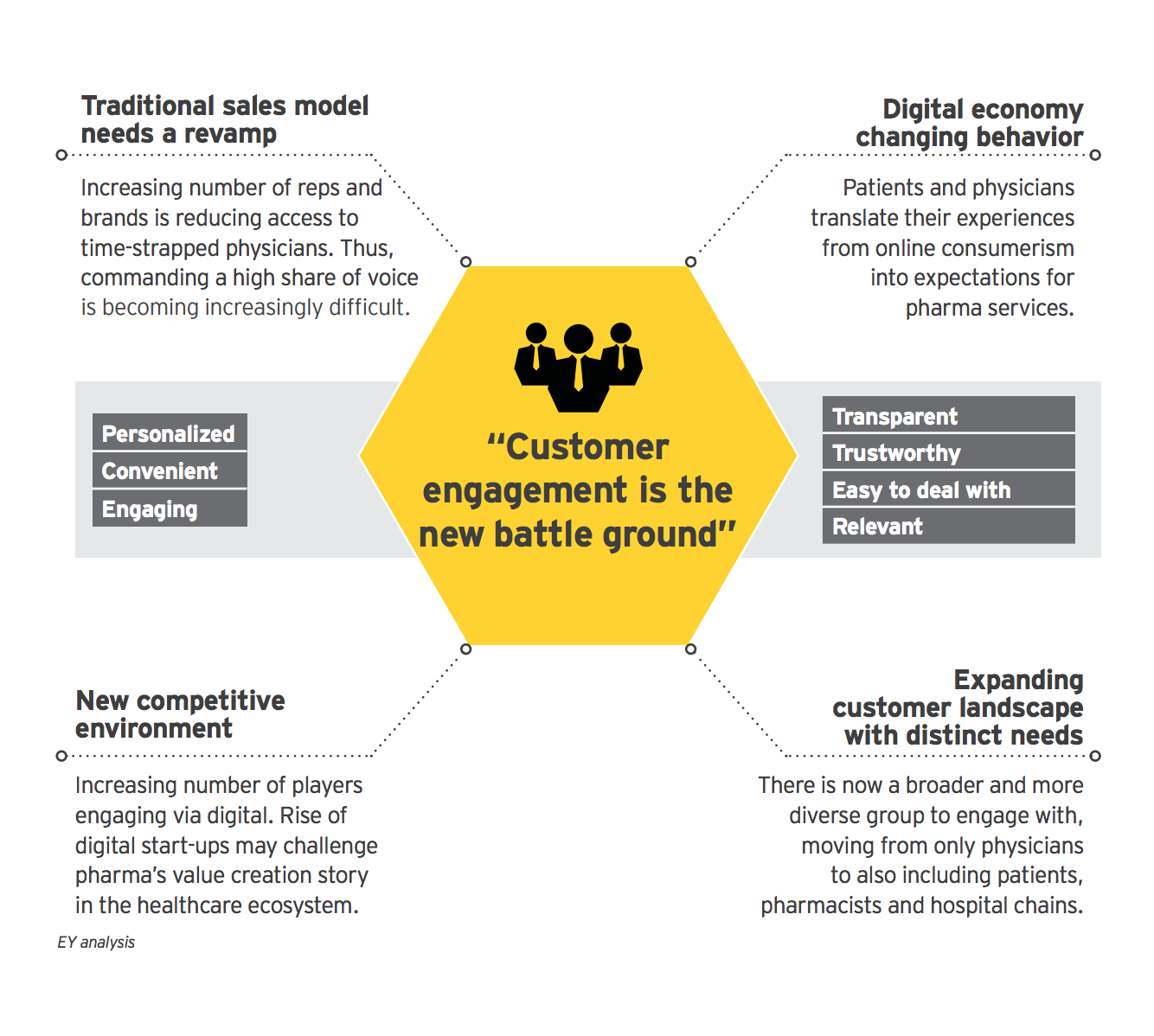
Raja Reddy is presently the head of marketing at Servier India. His distinguished career began as a Medical Rep and progressed to Regional Manager and Product Manager, on to his current role. Raja, prefers to describe himself as a tinkerer, observer and eternal seeker. He is a graduate in life sciences, from Osmania University, with a certificate in marketing from IIM Kozhikode and PGD in international business from IIFT New Delhi.
In this article, he shares his insights for the benefit of young pharma professionals.
Be a tough-minded optimist: John Gardner famously coined the term, tough-minded optimism. Tough-minded optimism is a blend of original ideas for which one is willing to risk everything and keep going in the face of adversity. It immediately resonated with me; the future belongs to people who maintain a fierce sense of optimism, high motivation, enthusiasm and a burning desire to excel.
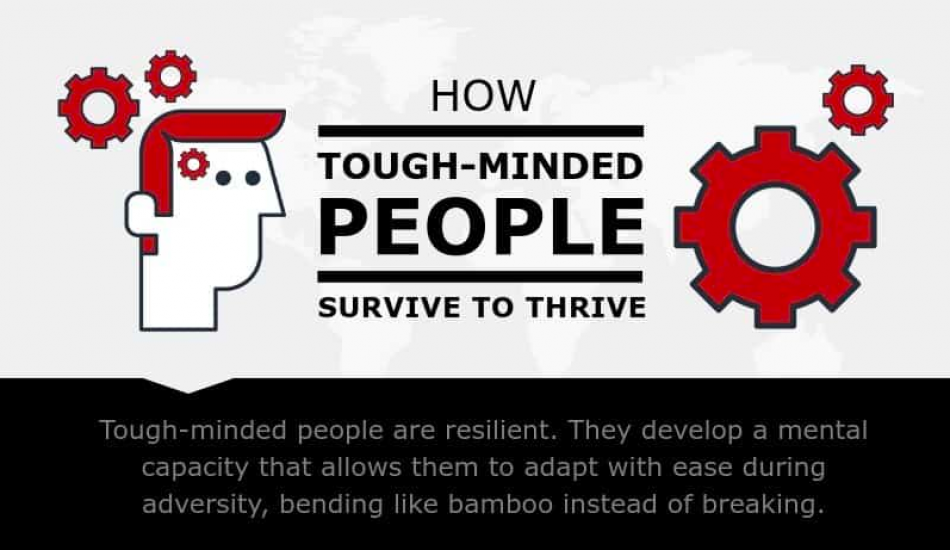
Practice tough empathy: Empathy is the ability to understand and share feelings of another. Therefore, empathy plays a very important role in our day-to-day interactions. Empathy at work helps us to identify and meet the needs of our customers and colleagues. Being empathetic makes us approachable, and people can easily express their opinion without fear of judgement. In my opinion empathy is often misunderstood as pleasing people. As leaders, one needs to practice the art of “tough empathy” meaning giving people what they need, and not necessarily what they want. This allows us to balance both individual and the task at hand.
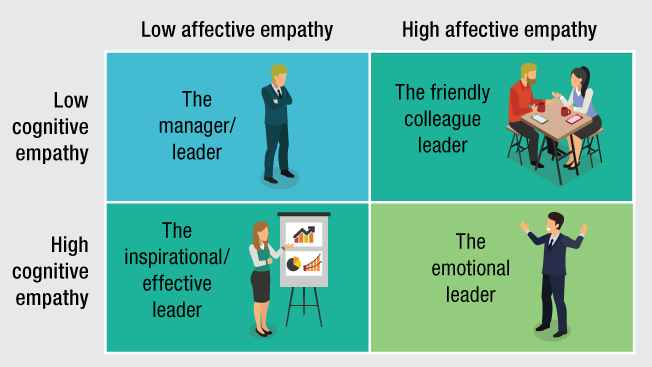
OODA a powerful tool: In our VUCA world, agility has a very high premium. Practicing OODA allows us to rapidly and easily respond to VUCA. Observe–Orient–Decide–Act, was originally conceived by military strategist and United States Air Force Colonel, John Boyd. According to Col. Boyd, our decisions are made in a recurring cycle of observe–orient–decide–act. Individuals and organizations that can process this procedure quickly, observing and reacting to the events that are evolving, can thereby gain advantage.
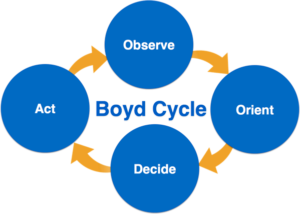
Questions lead you to an answer: Our current culture places a lot of importance to answers and solutions. The ancient thinkers worked on a reverse hypothesis and in their opinion, the questions we ask are more important than the answers. Be it Gautama or St. Paul, it is the question they choose to ask that led them to become what they became. For individuals and organizations the quality and quantity of questions one chooses to ask determines outcomes. Therefore, questions are important than answers.
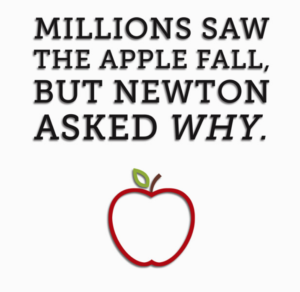
What is constant in this ever-changing world: As leaders we tend to always focus on what is changing in our environment. Once again, the sages and seers show us guidance because they choose to question what is it which remains constant in this ever-changing world. Taking a cue from them, as leaders we should also focus on what is not going to change in our business so that we can continue with our existing business model.
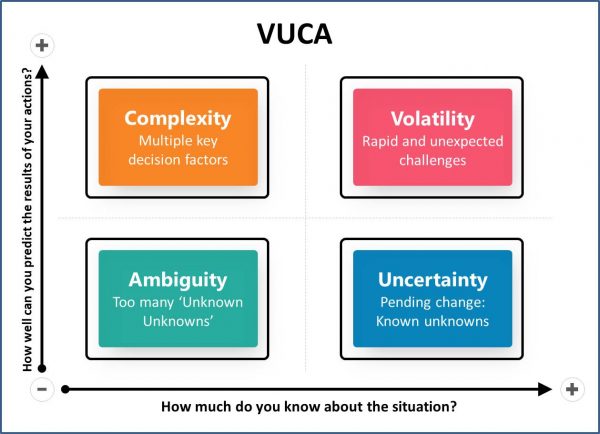
First-principle based thinking: Is one of the most useful strategies one can employ for creating original solutions to complicated problems. A concept originated with ancient philosopher Aristotle who defined a first principle as “the first basis from which a thing is known.” and has been used by Col. John Boyd and entrepreneur Elon Musk. It simply means don’t assume anything. Begin with basic building blocks which is the basis for the whole argument. One should always begin with questions like: What is that we are we absolutely sure about this project/concept? What has it that has been already proven? Question the fundamentals on which an argument is based.
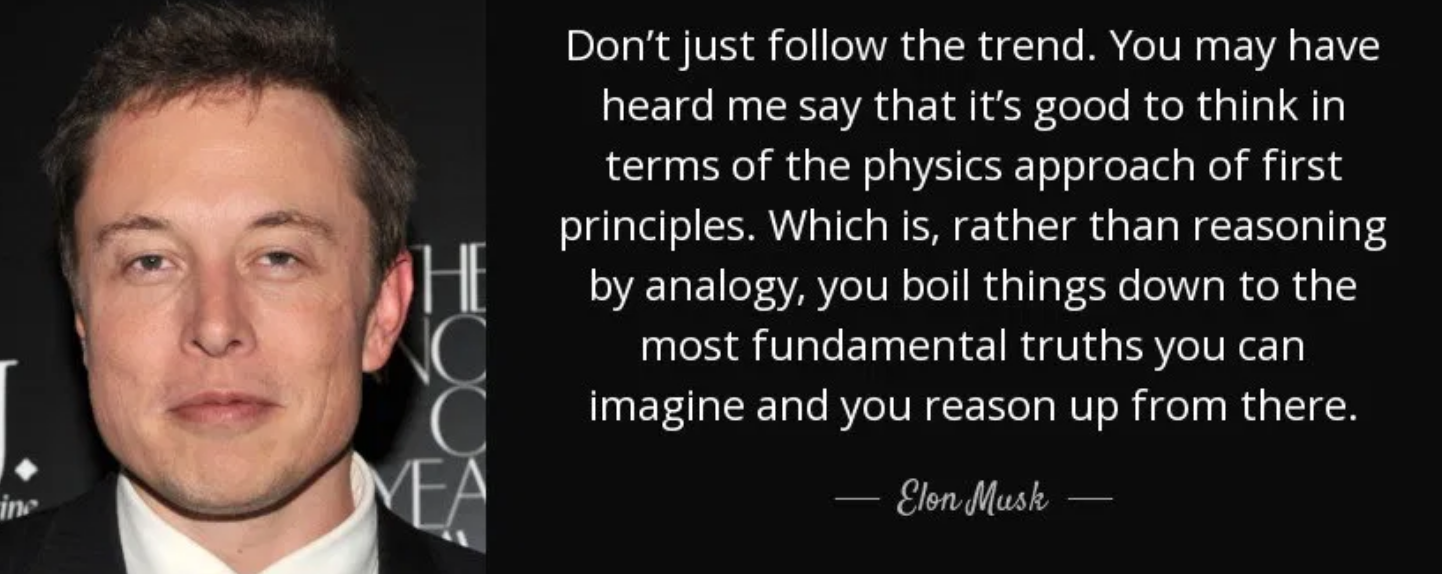
Puzzle or mystery: We are problem solving all the time, a good understanding of the given problem will help us to allocate resources and process accordingly. This distinction was made by US national security expert Gregory Treverton and according to him, a puzzle is a problem that can be solved if you have more information (or the right information). On the other hand, more information doesn’t help with a mystery, which is characterized by high levels of uncertainty, and the need for judgement. As managers we need to understand for which problem we need additional data and which one we only need an analysis of existing data.
Source: Ordinary individuals who have experienced and survived extra ordinary situations, writers & philosophers. Part of Lecture on Leadership delivered at IIM, Rohtak





